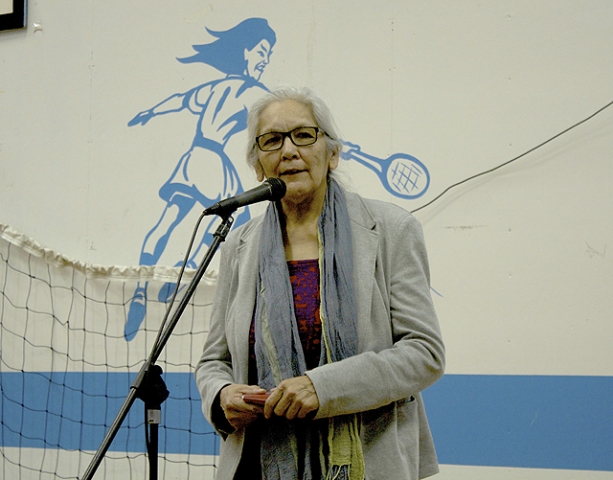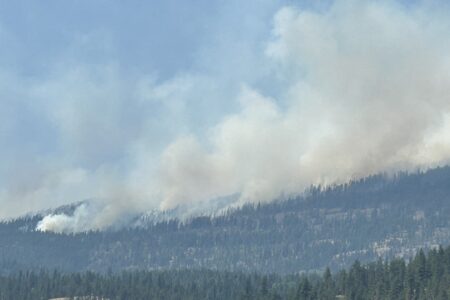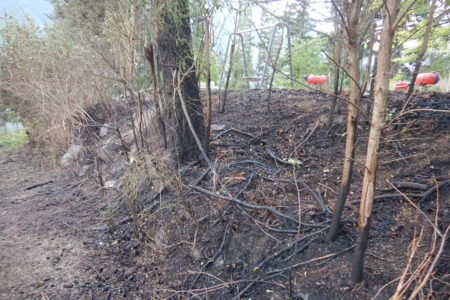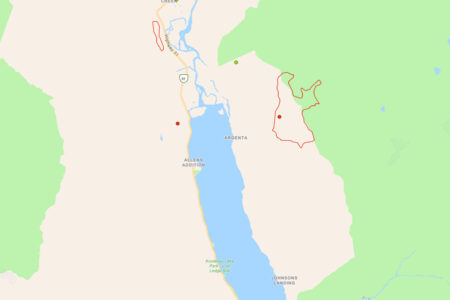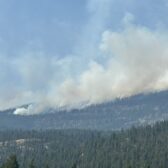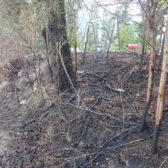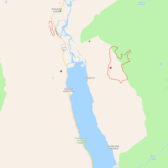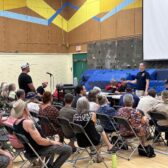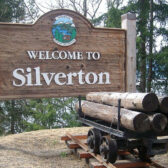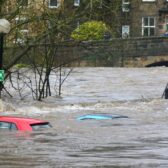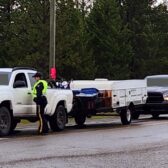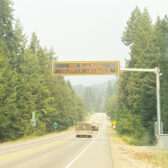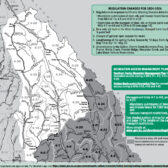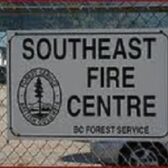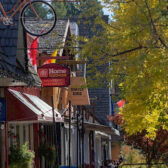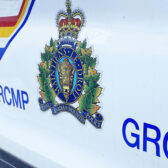Blewett Conservation Society hosts talk on water security
The Blewett Conservation Society hosted a talk about water sustainability issues on Thursday at the Blewett Elementary School gymnasium, partly as a response to the ongoing controversy surrounding the Okinshaw bottling plant.
The talk, with between 70-100 people present, covered a range of topics and included several guest speakers that spoke on relevant subjects including a major focus on the BC government’s new Water Sustainability Act (WSA).
Marilyn James, an elder an matriarch of the Sinixt opened the talks with a traditional offering of tobacco to honour the water and some rather grave yet enlightening commentary on the importance of water to Indigenous communities across the country.
“This is, as some of you may or may not know, this is our [Sinixt] territory. The headwaters of the Columbia River and the drainage,” she said.
“I would like to acknowledge the Blewett Conservation Group and a lot of the connection about what’s happened to the Sinixt and trying to uphold that protocol of recognizing what’s happened to the Sinixt people even though the government has declared us extinct.”
James thanked the BWS and activist K. Linda Kivi in particular for helping to ensure the voice of the Sinixt is present despite not being recognized or acknowledged by the government of BC.
Following James was Emma Lui, a water campaigner for the Council of Canadians. Lui spoke at length about the importance of water justice issues, like privatization, energy development and drinking water in indigenous communities.
Lui explained in detail the issues surrounding water sustainability and the problems faced by communities across the province
“A really big concern is the bottled water that’s coming out of this reason. [regarding] Canadian bottled water exports, about 83 per cent come from BC,” she said.
That raises really big concerns about First Nation’s water rights, water availability for communities, and so forth.”
Lui said that in BC, water rates range from $0.02 to $2.25 per million litres extracted; the lowest in the country.
Another section of the act that Lui and many others take umbrage with is the “first in time, first in right” system in which priority rights are given to those who used water in a region first.
This system, however, fails to recognize the rights of indigenous communities who had been settled and using the water long before the corporations and government asserted ownership over the areas.
“You may remember the Supreme Court case that came out the recognized Aboriginal title and rights outside of reserve land, and needing consent from either governments or individuals or companies when they are going to start projects on traditional territories of indigenous people…we’re not seeing this in the act. Many aboriginal groups called for that but we’re not seeing it,” Lui said.
While the focus of the event was centred on water issues and how they affect us, as humans, it was important for the BCS to ensure that those attending were educated on the hard science behind the water cycle, and what exactly an aquifer is and how the process works.
Retired geomorphologist Peter Jordan was tasked with breaking down the science pertinent to this region of the Kootenays, and Blewett in particular.
“An aquifer is a geological formation that contains water in its pore spaces…and has enough permeability that you can actually suck some of that water out,” he said.
“The best aquifers are sand and gravel deposits, which around here were laid down around the time of the glaciers leaving. To be an aquifer that is productive and will produce ground water from a well you need two things. One is porosity, the amount of the material that is occupied by pore spaces…and permeability is how fast water can flow through it.”
Doctoral candidate Sarah-Patricia Breen is with the School of Resource Management at Simon Fraser University and her research focuses on the link between drinking water systems and rural communities.
Most of Breen’s talk was centred on the fragmentation of government in BC, and what a problem it is to water.
Breen spoke on the contradictory and often combative elements of our government and explained that many of the challenges surrounding water are as a result of this splintered system and the lack of sharing of information between these elements.
“If you drill down into the research for all these different things, someone is going to say something about ‘god we’ve got a governance issue here’”, she said.
“So what is fragmentation? In a nutshell it’s a way of saying there’s too many cooks in the kitchen.”
She continued, saying, “Canada has a really de-centralized approach to managing water, so it’s spread across all the levels of government. Within those different levels it’s in different ministries, different departments and everyone is cutting off their hands in there.”
Breen said while the WSA covers a lot of ground, many of the information is presented in vague and unspecific terminology that basically shows the policy is still being written and the government doesn’t know what these policies will actually look like.
“What does this mean for a community like Blewett? From a positive side it means there’s a lot of opportunity here. It can be quite exciting to be on the leading edge of something; to really create something and build it from the ground up. The flipside is that it will be a very challenging, lengthy and capacity intensive uphill battle,” she said.
For more information on the WSA, what it means for Blewett and better insight into water issues for BC residents and Canadians, visit http://canadians.org/ and http://www.blewettconservation.com/.



